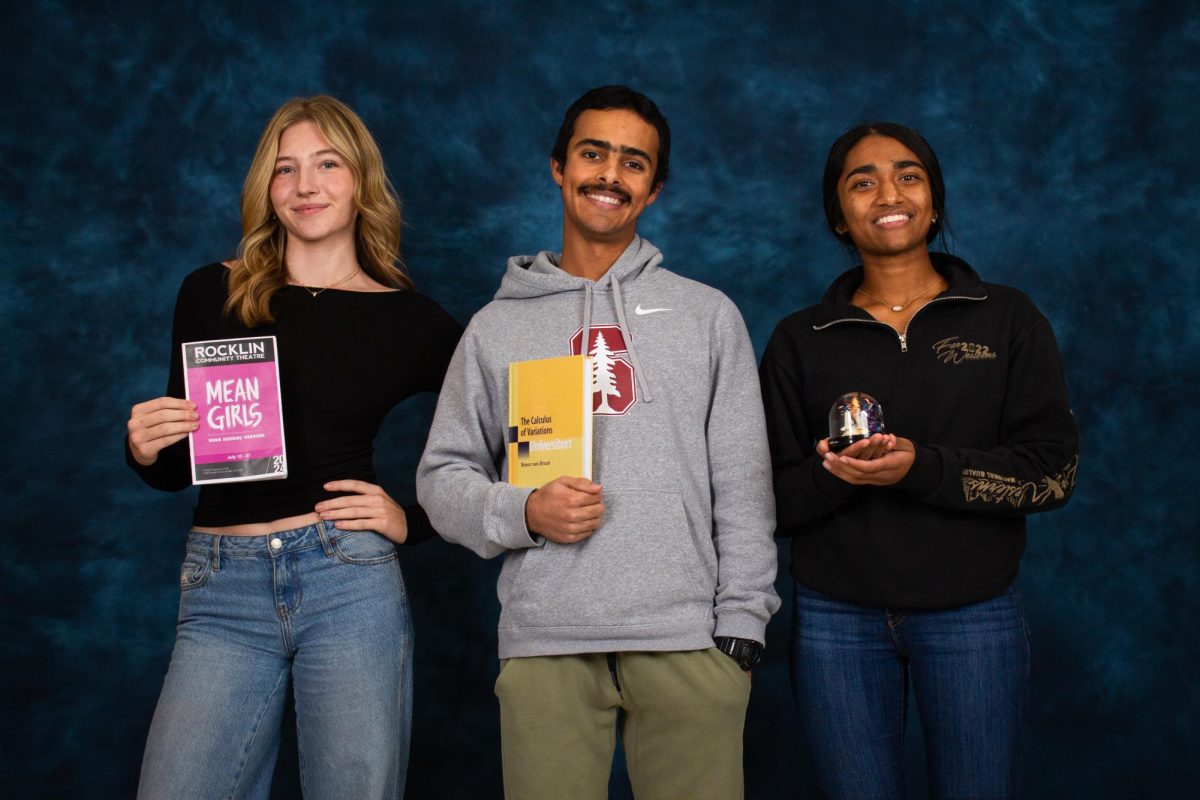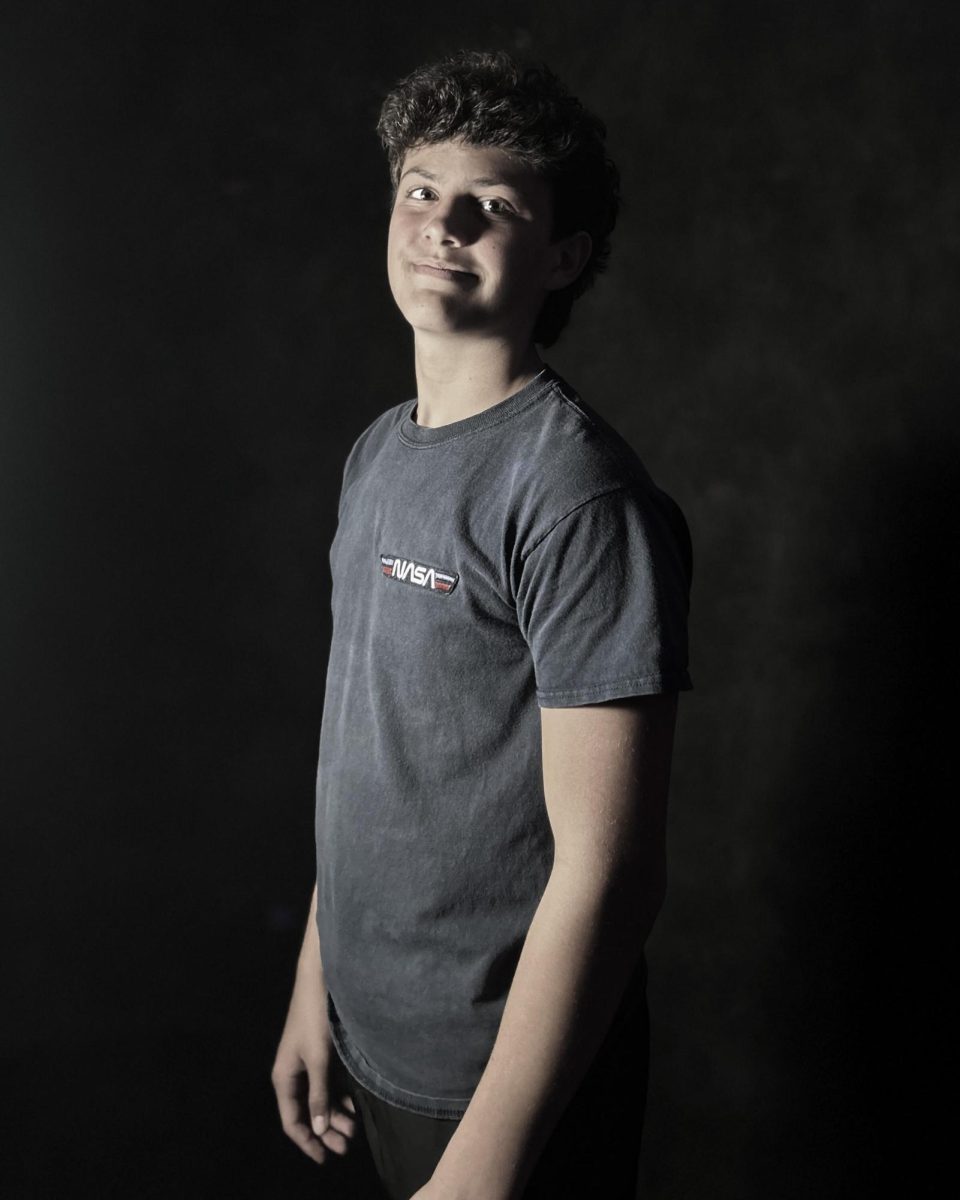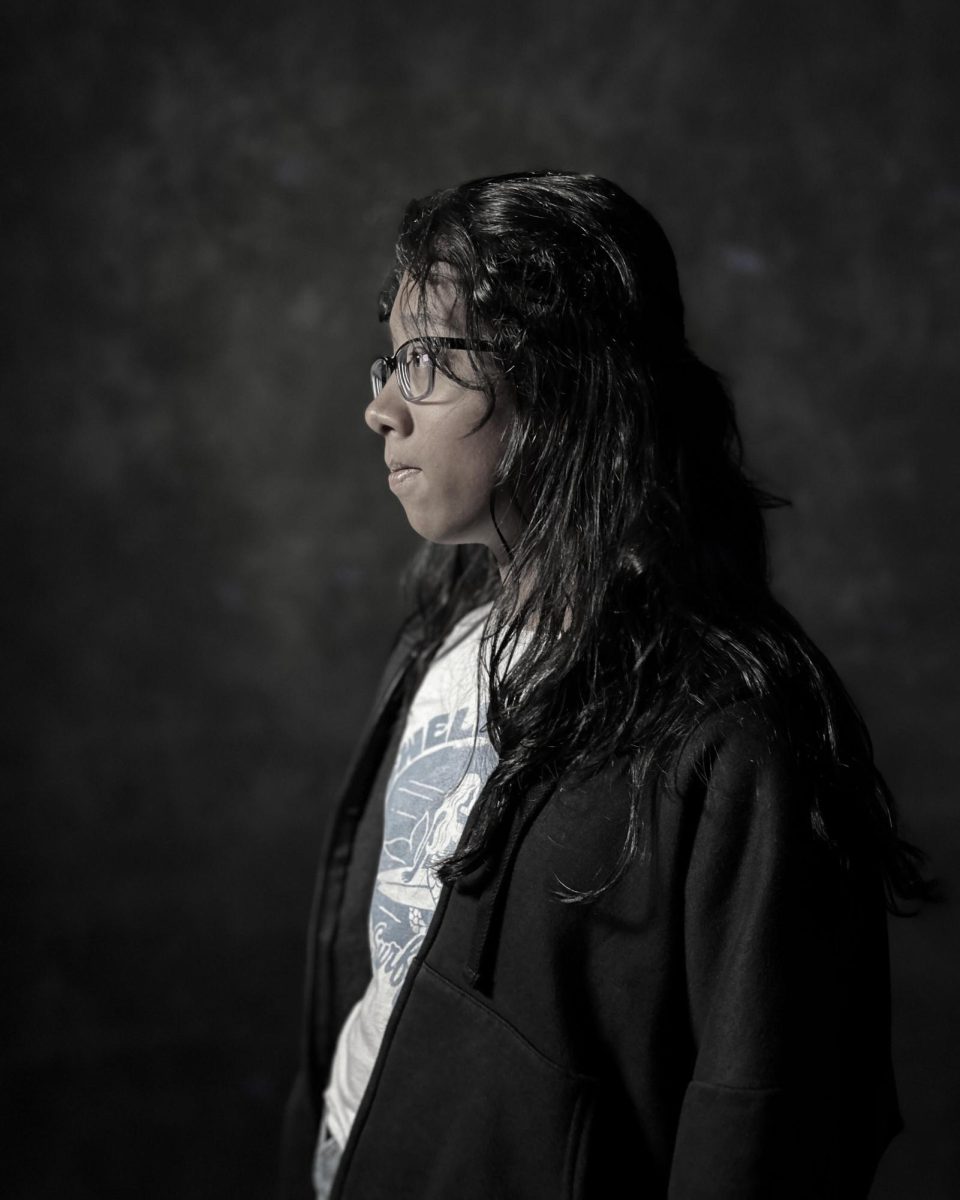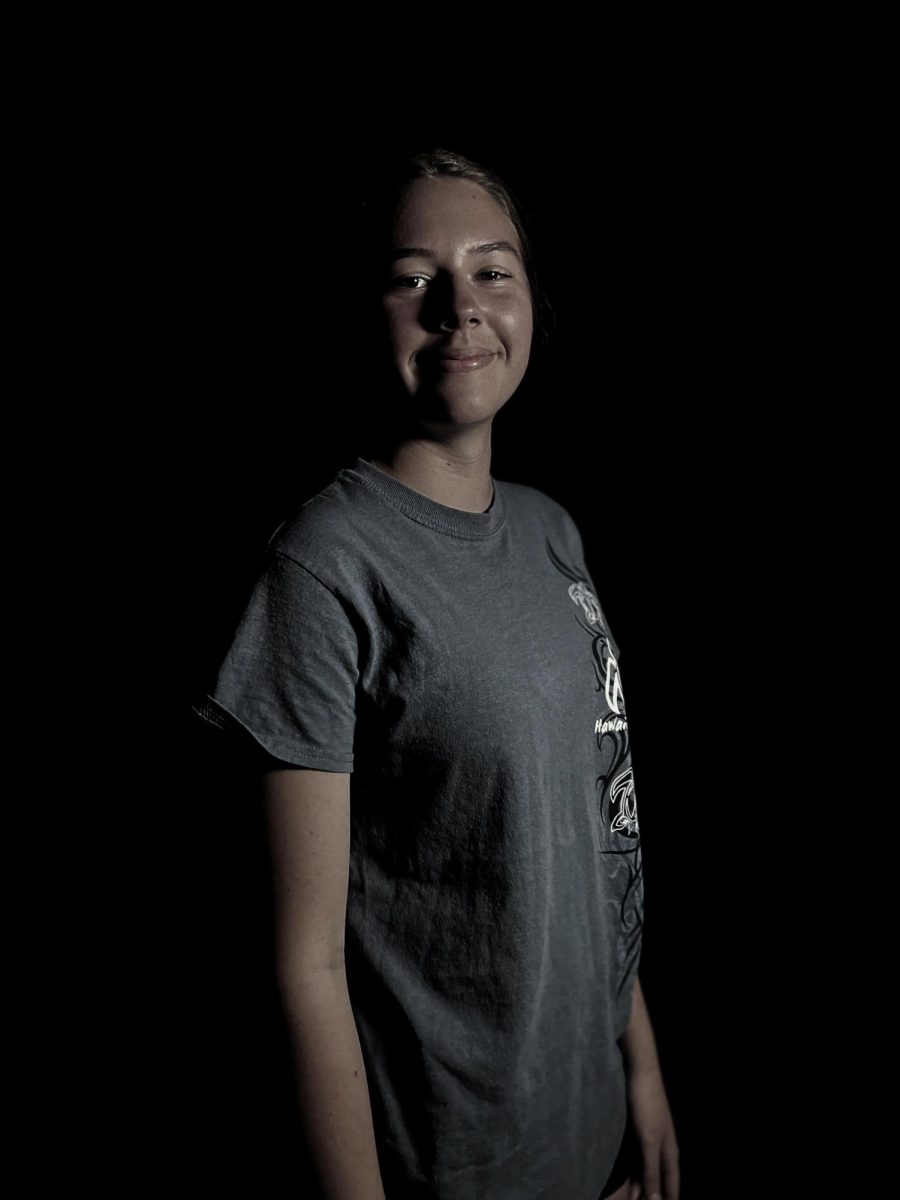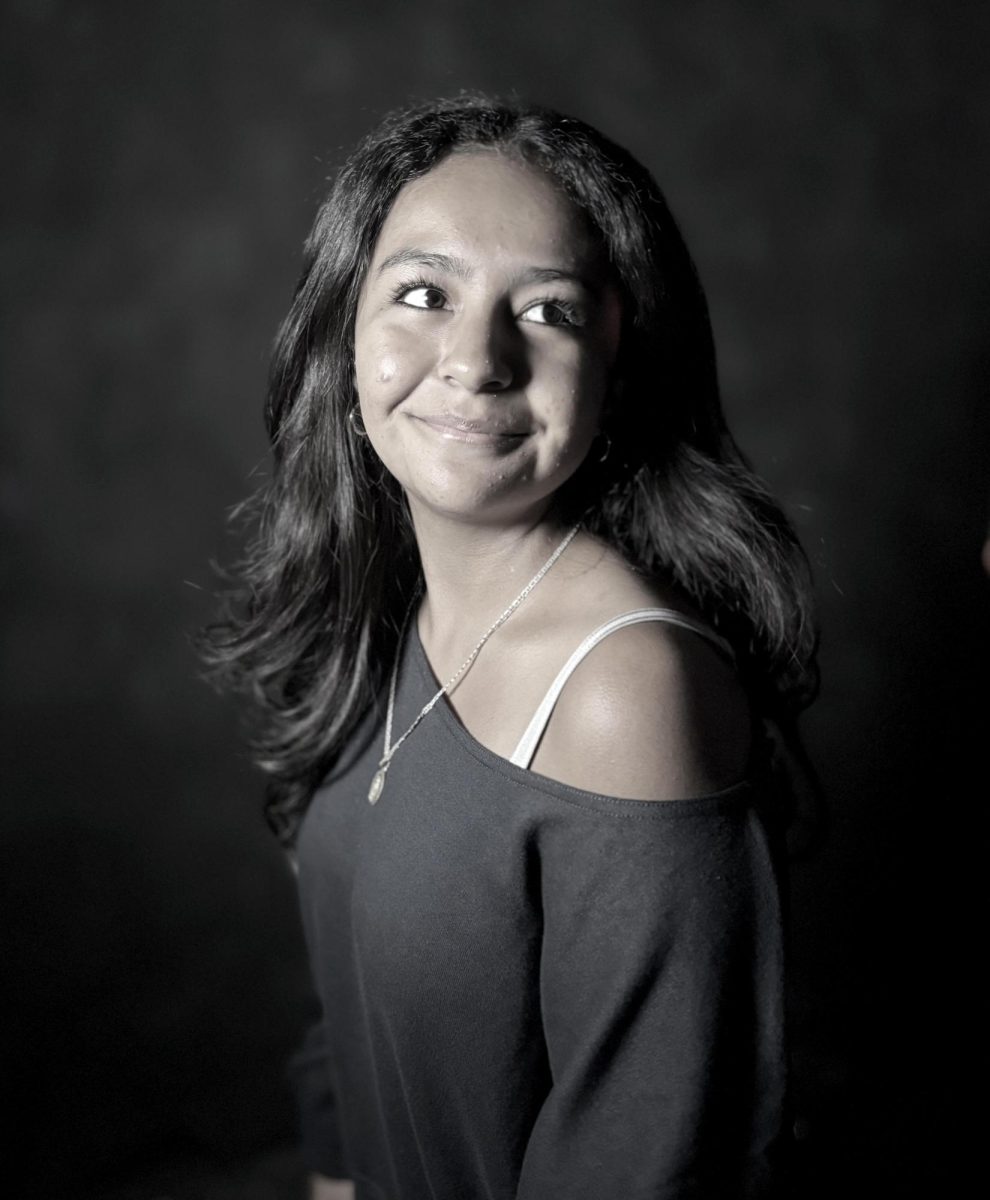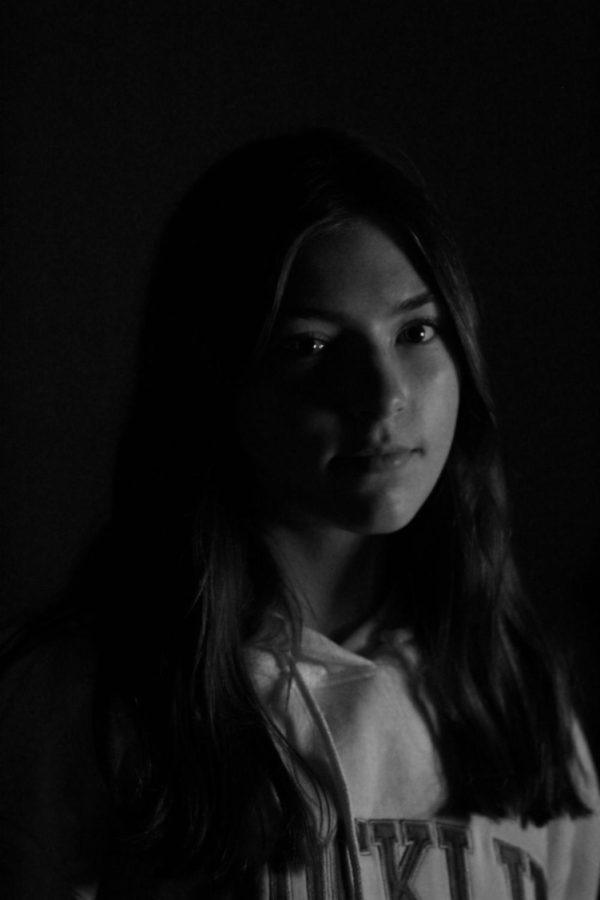What does your faith mean to you?
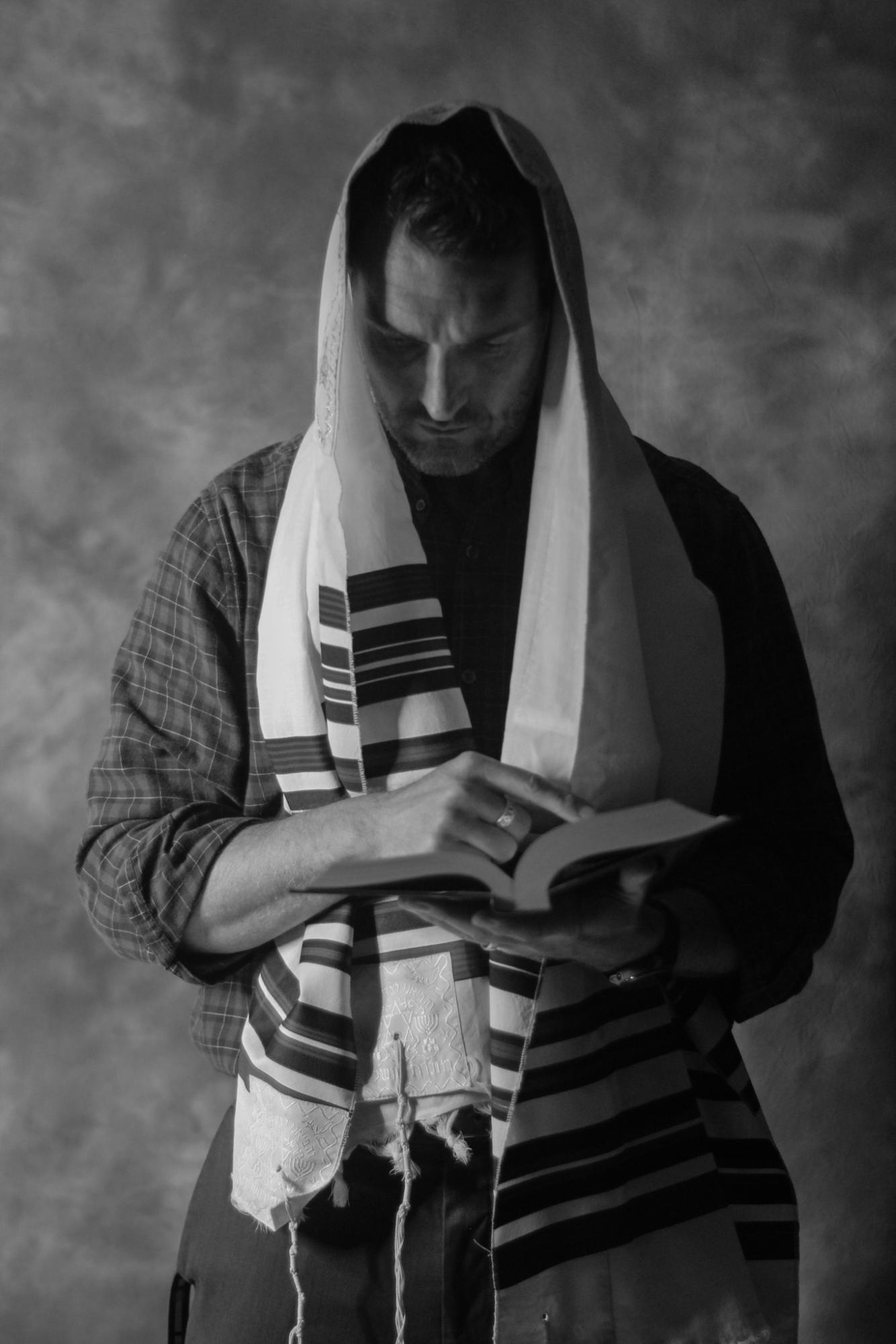
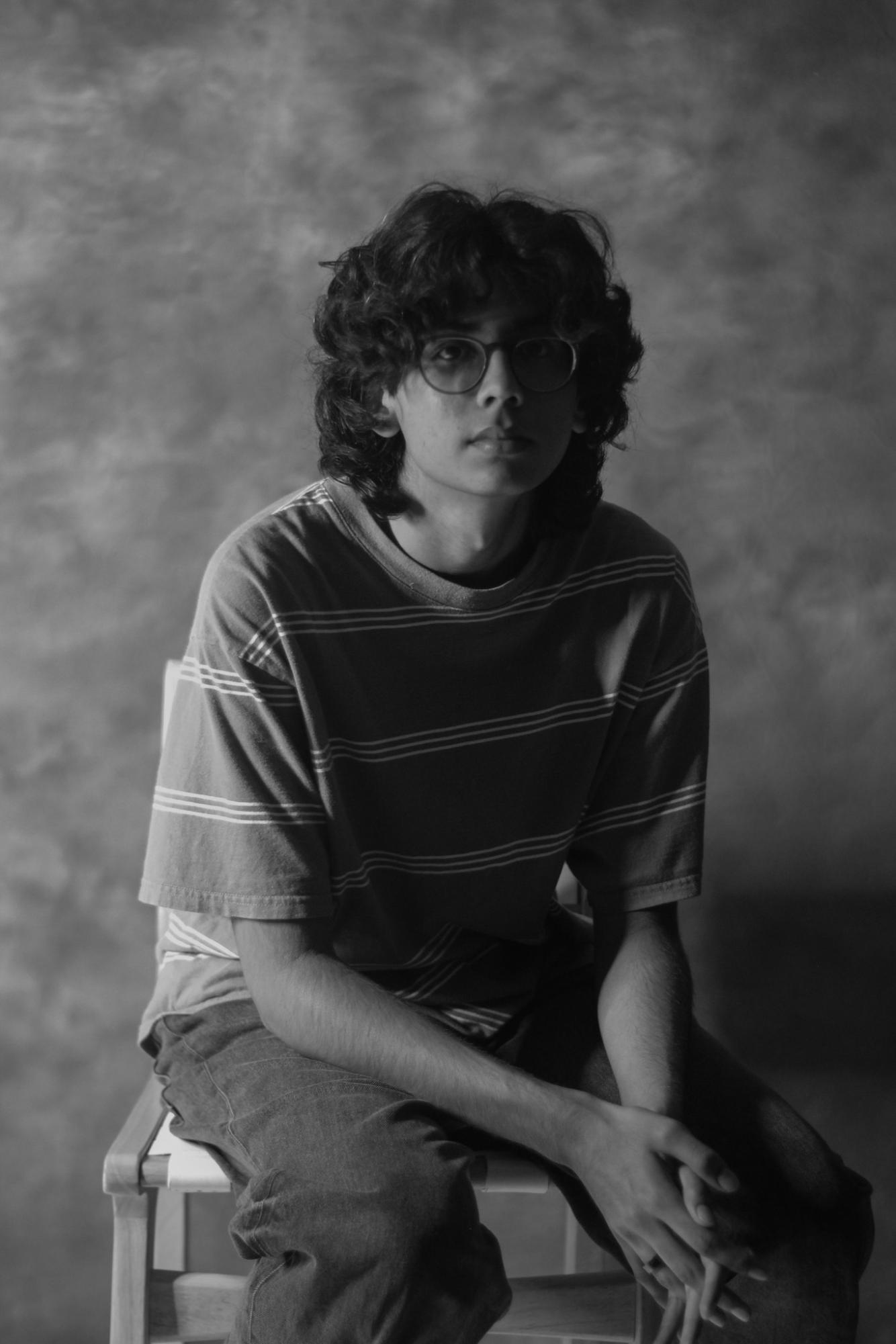
“To me, faith is being able to understand that you aren’t self-sufficient. Islam, it gives you humility because everything in your life, everything that happens isn’t because of you. It’s because of a greater power that you choose to believe. And it just also gives me some security that there is something out there that I can put my all into and know that I will get something in return.
I do feel less Muslim some days and sometimes I feel more. It is natural to feel like you aren’t that close with God, or Allah. But it’s just important to always remember that he is with you, wherever you are. So even though you may not feel close to him, he is always with you. And just to always believe in the fact that he’s there.
The day is split up into five times — there is a prayer for every part of the day and the times change throughout the seasons. Sometimes in winter, noon would begin earlier and end earlier than in the summer. So in the winter, I pray at school because I would miss [the specific prayer time] if I got home. I just have a little pocket size prayer mat in my backpack, and then go to the bathroom to perform the ablution called ‘Wudu’. And then I just pray during lunch in Mr. Waechtler’s room.
For me, as long as I know the truth and I know my faith and my beliefs and my virtues, I don’t really care what anyone else thinks about me because that’s not what’s important. What’s important is that I know the truth and Allah knows the truth.”
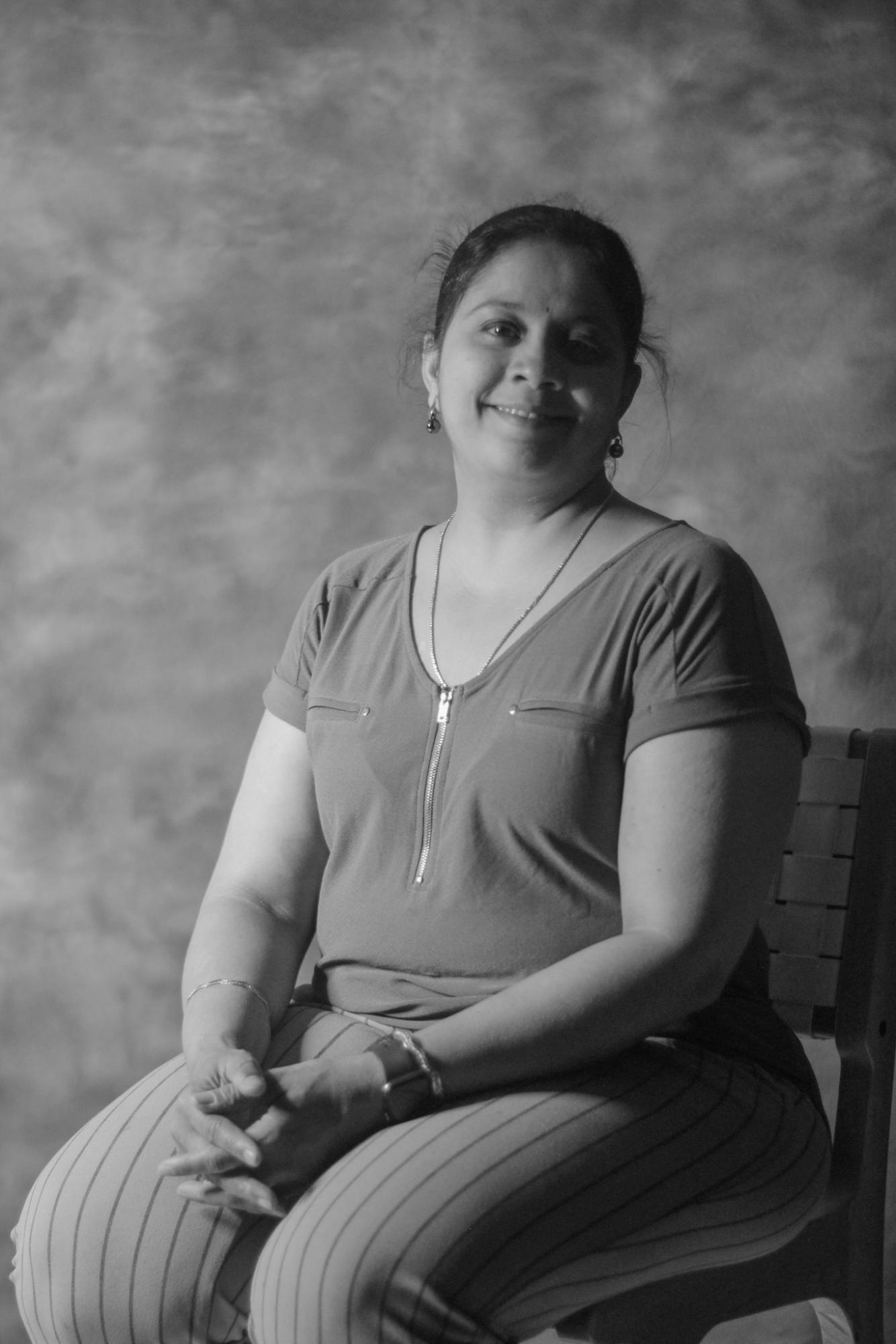
“I am a Hindu. So my faith gives me a kind of perspective — I feel centered, balanced. My religion is very ritualistic and I try to do some rituals, like lighting a lamp, just praying for a minute or two, while I’m driving or whenever I have time, and things like that. I think it’s very quintessential for me to kind of be in that good, harmonious place every day.
I grew up in a family of faith. So it was kind of inculcated more organically with me, but at the end of the day, when you grow, you also mature in different ways. And you start asking the questions instead of blindly believing, which is what we all want to write. Because as humans, we have that intellect, the capacity to kind of discern things between the right or wrong. So I’ve had my doubts, questions, but I believe anything with the intent of learning the true purpose, that questioning is good. It’s given me some clarity over time. So I have had my doubts quite a few times.
When I came to Salt Lake City, to do my doctorate, Salt Lake City had a lot of Mormons. I really appreciate their faith because we had like a friendship family with the campus who kind of took in and, like, helped us understand the culture, the Western culture, because I was even new to the country at that time. It made me think that at the end of the day, we all follow different paths leading to that same destination. We all want to be happy, healthy, and harmonious in a society.
We all have different ideologies. But we can agree to disagree and that’s okay. We’re evolved humans. But I always like to appreciate what other perspectives mean and I have so many friends and we’ve had lively conversations. So its very interesting to gain that perspective.”
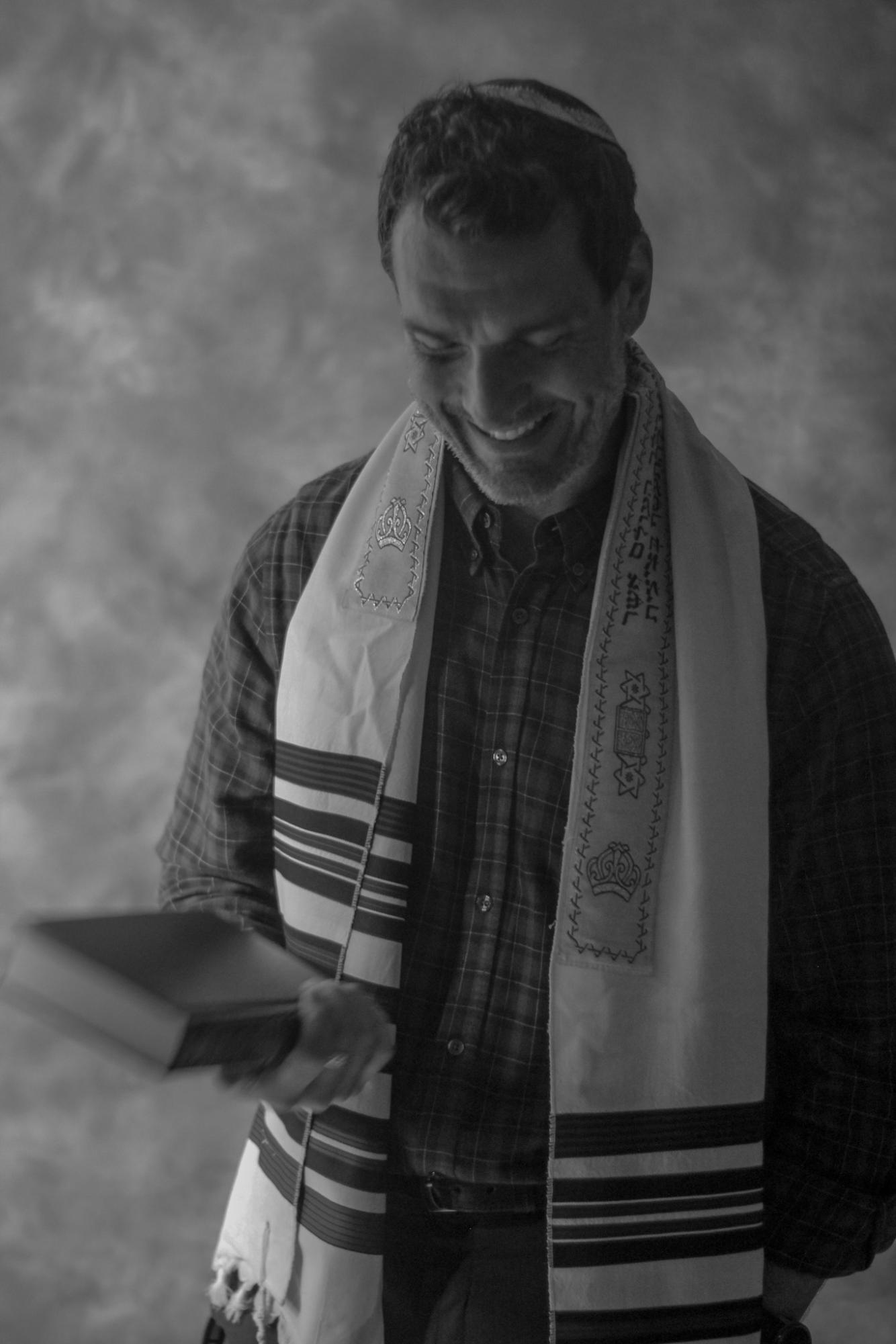
“I absolutely hated Messianic Judaism. It was really hard for me to embrace my faith when I was young, because no matter who I would try to identify with, they would see me as other. Now, my faith is probably the most centrally defining reality of my life.
When I would have conversations with Jewish friends that were more traditional, they would say, ‘Well, you’re not really a Jew — you’re not allowed to believe in Jesus as a Jew’. And then I’d have conversations with Christians and they were like, ‘Oh, you’re not a Jew anymore. You don’t need to do any of that Jewish ‘stuff’. It made me different. It made me other.
Later on in my life, I remember the moment I was out doing street evangelism and this Jewish man came up to me, and spit at my feet. And he saw me and he’s like, ‘I bet you’re not even a Jew’.
And he was like, why are you out here doing this? And when he asked me that question, like, for the first time, it kind of clicked and I was like, ‘because I want my Jewish people to know that it’s okay to love the Jewish Messiah, that all of the horrible things that were done to us weren’t done to us by Him. I genuinely believe that it’s okay for Jewish people to believe in the Jewish Messiah, that it doesn’t make them not Jewish anymore’.
My faith at this point in my life has actually become one of the primary ways that I define myself as a human. I would say that there are three major identifiers of who I am as a person. One is that I am a child of God: he loves me, and I love him. That’s my first identification. My second is that I’m a husband. And my third is that I’m a father.
[My faith] shapes what kind of a teacher I am and how I carry myself on campus. So, I would say that my faith is probably even more important than my education, even more than my profession, and even more important, in some ways than my marriage. The fact that we are Messianic Jews, is of central importance. We see it as like, we’ve been invited into a relationship with God. And so it’s as if that faith then not just defines who I am in relation to other people. But that faith also defines who I see myself as in relation to God, the universe and all of humanity.
There’s nothing in who I am that’s going to prevent me from loving every single one of my students, wherever they are and who they are. And like, I don’t care what their political beliefs are, I don’t care what their social beliefs are; my job as a follower of God and being in relationship with him is that I’ve experienced His love. And I just want to love other people, because I want to bring that into the world instead of hate.”
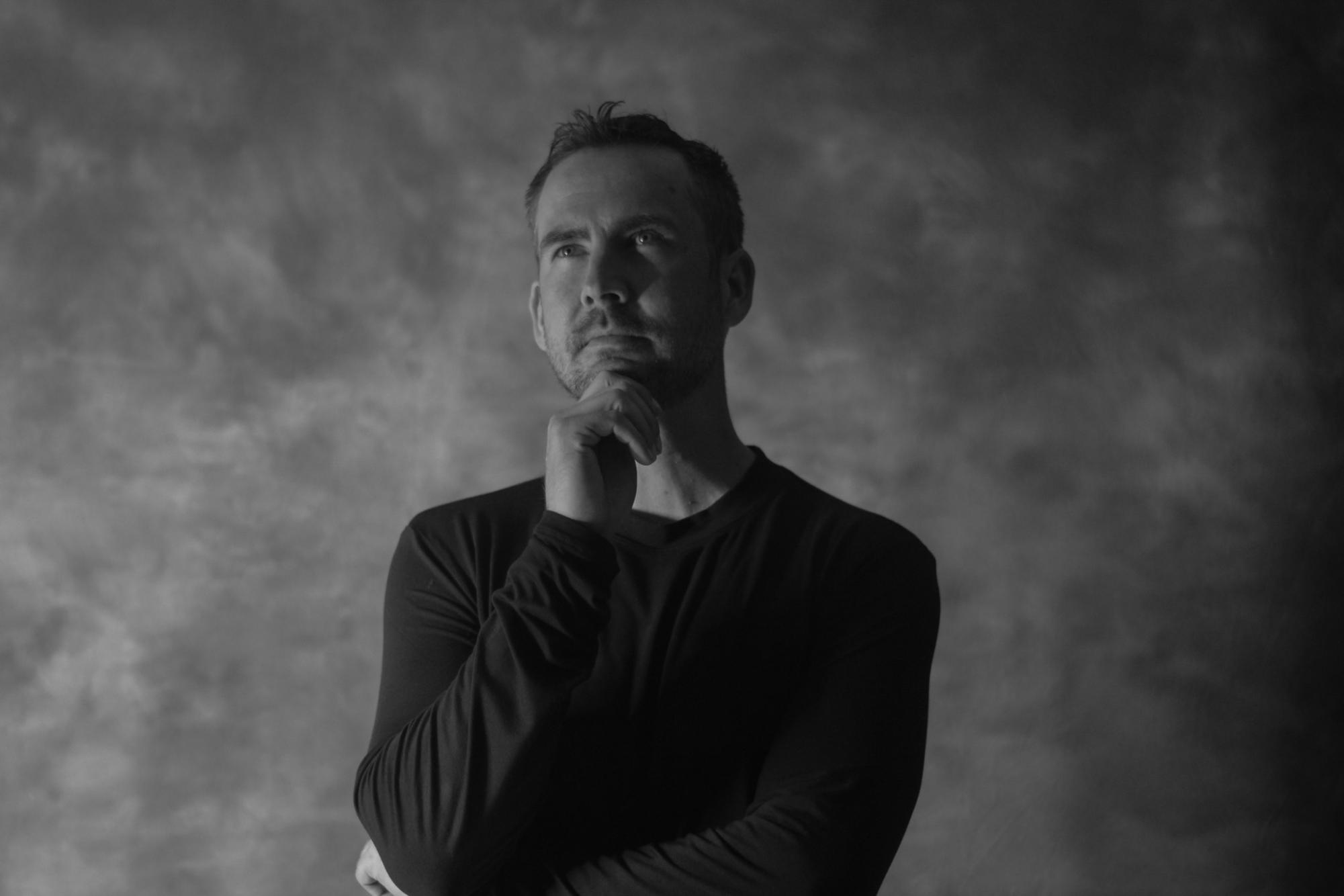
“My lack of faith means nothing to me. I don’t believe in anything. I think trying to define yourself in relation to lack of something is kind of absurd. Like, it doesn’t really make sense. It’s just not a part of me at all. It doesn’t have any impact or bearing on my life whatsoever.
What’s crazy is that I tried really, really, really hard to be religious. It sounds wonderful to me. Like, I really wish I could have faith to be that confident. And to be sure about what your purpose on the planet is, and to be sure there’s a reason for being and that there’s a community of people there, and we’re all striving towards something that sounds amazing to me. Right? Like, in theory, it sounds great, but I don’t have, I never could get that faith.
When I was younger, I would go to church, you know, like Protestant churches, Catholic churches. I went on a mission trip to Mexico, and, none of that did anything for me. When I was in high school, I went to a Catholic High School. And that’s when I started going and looking at Eastern religions. I started doing a lot of meditation, went into some Buddhist temples to try to see what they were about. I tried really hard, I did. And none of it fit.
The early 2000s was kind of the atheist Renaissance with Daniel Dennett, Richard Dawkins, Christopher Hitchens, and later, Sam Harris. And so seeing all those guys kind of coming out with their books, and then being able to see them talk and read all their papers was just exhilarating and eye opening for me and was like, oh, there is, not something else. Having nothing is fine.
I find religion fascinating. And that’s why I studied philosophy. In high school, when I was searching out these different religious belief structures, I realized there’s so much out there that people don’t really get to see and it’s fascinating.
When you can kind of look and go okay, there are certain inherent ideas that are inherent within each of these religions and so it’s like this beautiful community of everyone believes something different, but they all have these very similar ideas.
As someone that doesn’t have any core belief system, it’s really cool to be able to, you know, just see it all as this one big beautiful painting or something. Again, as an atheist, it’s just that I am fascinated by religion and I truly enjoy hanging out with religious people.”
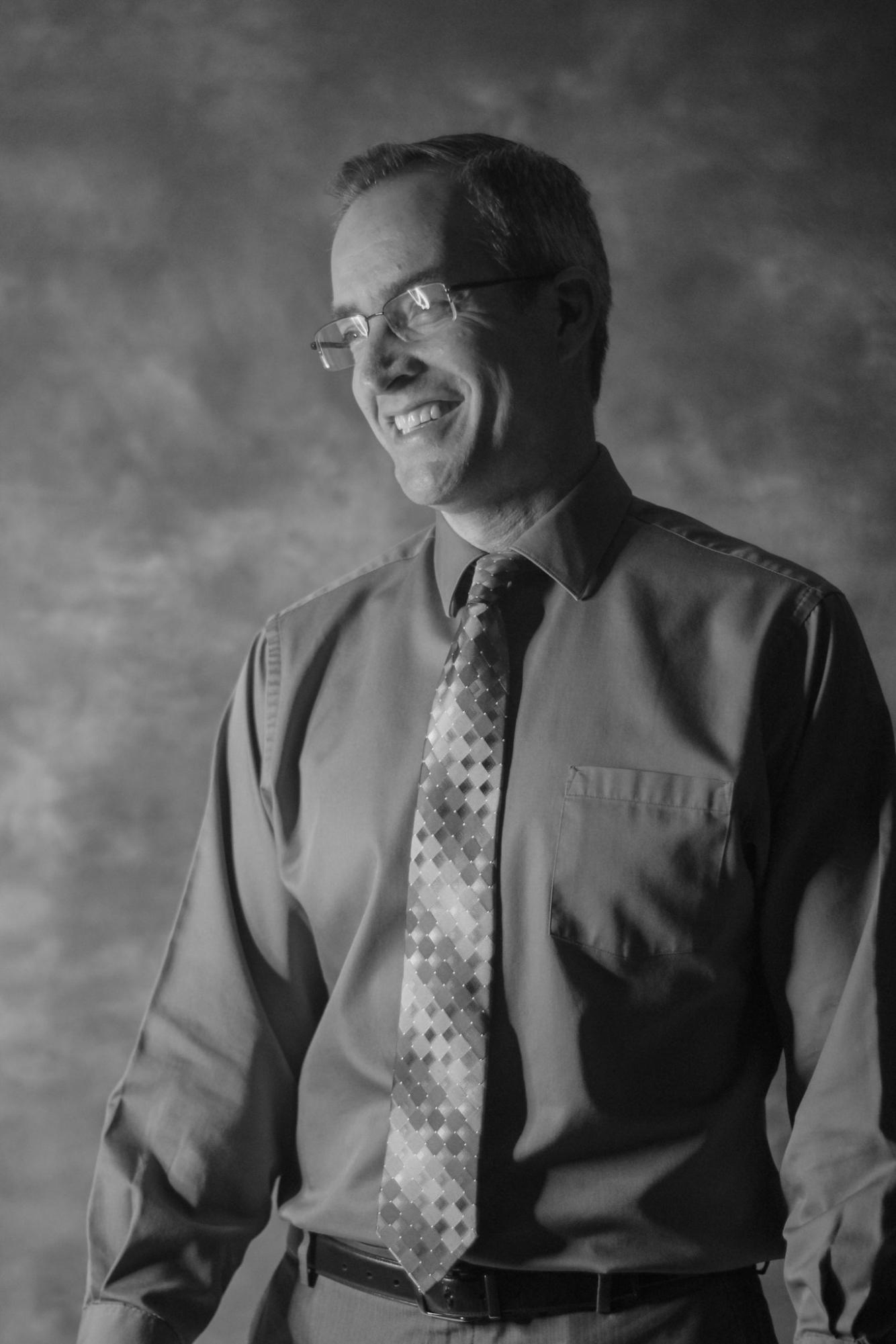
“I didn’t grow up Christian. It was spring of my junior year when I became a believer. It started when I wanted to ask a particular girl to the prom. I said, ‘Hey, would you like to go to the prom with me?’, and she said, ‘I’ll go to prom with you if you start coming to youth group with me, at our church’. April of 1988 is when I became a Christian. And that, you know, what is that? 36 years ago?
When you say what does my faith mean to me? It’s mainly about, what does Jesus mean to me? And, I would say it means everything. It’s the most important thing in my life. It’s what drives everything that I do. It gives me motivation. It gives me hope. It gives me purpose. I’m just completely compelled by who Jesus claimed to be. And the more I investigate it, the more I look into it, the more I experience it, the more I’m absolutely convinced he is who he said he was. And that is God in the flesh.
Lately, one thing that’s been tremendous for me is that I do a lot of prison ministry. I go to federal prisons in California. And I share with them, you know, the message of salvation in Christ. And [for the] Christian believers that are in the prisons, I try to encourage them in their faith to help them grow. But, yeah, once every five or six weeks, I spent an entire weekend at a prison. I sometimes go down to two different prisons, near Bakersfield, about four hours away. And I sometimes go to a prison up in Susanville, which is up in the mountains, about three hours away.
My life is driven by love, by love for God, by love for other people. And that’s what really, it animates everything that I do. And it’s what, what really kind of gets me going each day.”
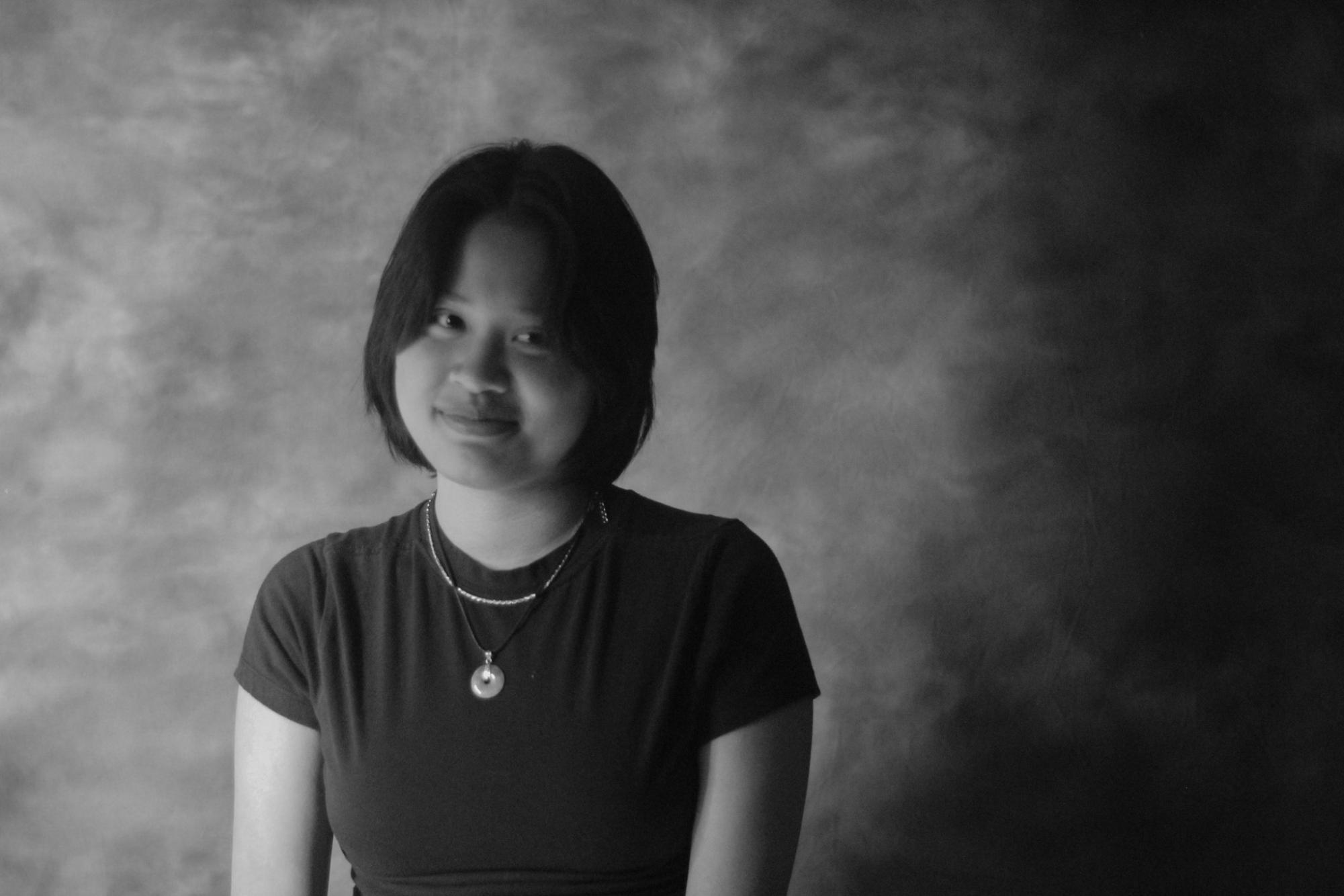
“I’m not really Buddhist the way you want me. It’s like at the back of my mind and it’s not something I’m fully immersed in; I don’t know the whole history behind all of [Buddhism]. But a lot of the principles and the foundations of the religion kind of line up to how I think so I want to say that it raised me. I don’t believe in Buddhism, because it’s Buddhist, but I believe in it because my principles align with what Buddhism teaches. I don’t think of Buddhism as a religion. I think it’s just like a way of living.
I don’t know what other way to word it, but believing and practicing the principles caused a lot of ‘character development’. I didn’t just, like, start believing in it right away but understanding the principles and why they are the way they are was important for me. I personally really believe in the principles because I think they’re just what makes a good human, a good human.
With Christianity, there’s different ways of showing off your faith, you know, like, Christians will wear their necklace with the cross. Personally, we don’t really have one for Buddhism that’s really widely known. But what I do so that I can of stay connected is a necklace that has a jade circle. That jade circle was derived from this jade Buddhist statue that my grandma had. So I wear it because it helps me feel connected a little to Buddhism and reminds me of the principles that I should live by. And that I should be a good human being and helped me feel a little closer to my grandmother.”



